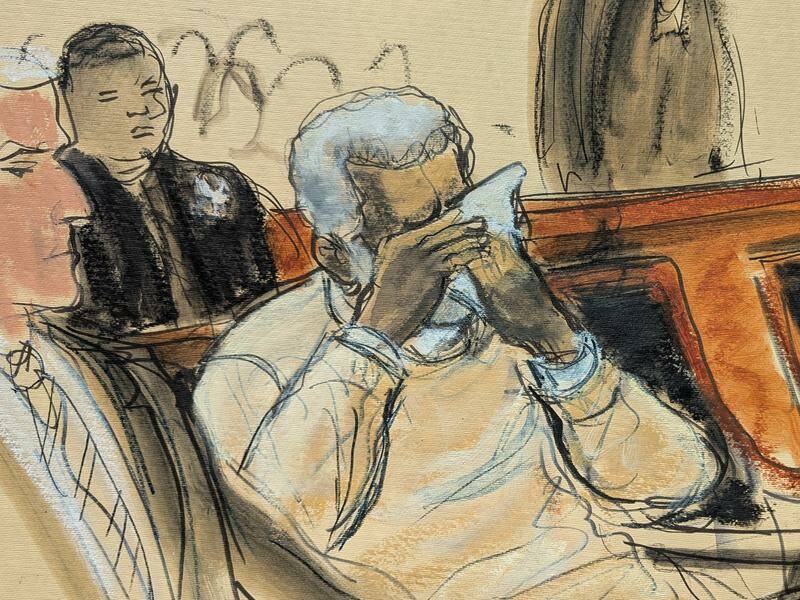
Sean “Diddy” Combs faced a pivotal moment in his legal journey as his children made emotional pleas for leniency during his sentencing hearing in Brooklyn. The hip-hop mogul, convicted on July 2 for arranging paid male escorts for sexual performances, is currently awaiting a decision from US District Judge Arun Subramanian. Combs could face up to 20 years in prison for his actions, although his defense team is advocating for a reduced sentence of 14 months.
The courtroom was filled with tension as Combs’ children, including his 18-year-old daughter, Jessie Combs, spoke directly to Judge Subramanian. Through tears, she expressed her desire for her father to remain a part of their lives, stating, “We aren’t here to excuse any of his mistakes… But, your honour, he is still our dad.” Her twin sister, D’Lila Combs, echoed these sentiments, sharing their fears of being without their father following the loss of their mother, actress Kim Porter, in 2018. “We’ve already lost so much,” she said, urging the judge for compassion.
Combs, 55, had been found guilty of two counts related to arranging for male escorts to participate in drug-fuelled sexual encounters, often referred to as “Freak Offs.” He was acquitted of more serious charges involving racketeering and sex trafficking, which could have resulted in a life sentence. Prosecutors argued that these charges reflected a pattern of coercive behavior, alleging that Combs used threats and violence to control his girlfriends during these encounters.
As his children spoke, Combs appeared visibly emotional, lowering his head and shedding tears. Following their testimonies, his legal team presented a video highlighting his philanthropic work and family interactions, portraying a more compassionate side of the music mogul. The footage showed Combs engaging with his children and participating in charity events, including running the New York Marathon to raise funds for educational initiatives.
The prosecution, led by attorney Christy Slavik, countered the defense’s narrative, arguing that minimizing Combs’ behaviour as merely part of a “sex, drugs, and rock and roll lifestyle” undermines the seriousness of his actions. Slavik insisted that failing to hold Combs accountable would allow him to evade responsibility for years of domestic abuse. “To not account for it now would be to let the defendant get away with years of domestic violence and abuse,” she stated.
In a letter submitted to the court, Combs expressed remorse for the hurt he caused, stating, “I lost my way.” While he acknowledged some of his past conduct, Judge Subramanian noted that Combs had not apologized specifically for the prostitution offences central to his conviction.
As the proceedings continue, the judge has considerable discretion in determining an appropriate sentence. While the defense seeks a lighter penalty, the prosecution’s recommendation of at least 11 years reflects the gravity of the charges. Combs remains in custody at a Brooklyn jail, awaiting the judge’s decision on his fate.






